Experiences that you won't be able to get anywhere else are available from Liliana Palma Santos.
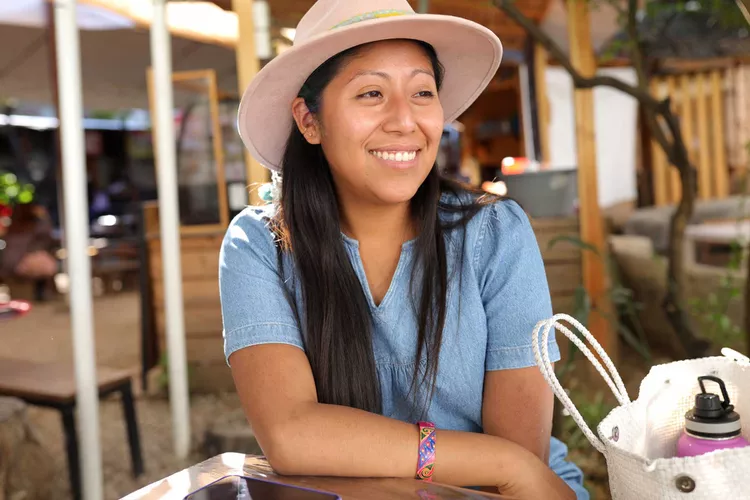
Over the course of the video conversation, Liliana Palma Santos gives me a warm greeting with a broad smile. She exclaims, "I've been so busy," as she settles in for our interview, and we nod in agreement. She is currently lounging on a terrace in her hometown of Tlacolula de Matamoros, which is located in the state of Oaxaca. On Instagram, Santos is known as Lily the Zapotec Traveler, and she provides guests and visitors with access to one-of-a-kind, intimate, and off-the-beaten-path experiences that feature Indigenous Zapotec crafters, chefs, and tour guides. She is the proprietor of a tour company, Airbnb, and she is a co-founder of a small restaurant in Oaxaca, Mexico called Criollo. Since travel restrictions have been eased, she has seen a significant increase in the success of her business.
Santos says, with a broad grin, "I've always wanted to move back to Oaxaca to do something good for my community, and this has been my dream for a very long time." "I've always wanted to do something good for my town"
Putting the Zapotec Native Community Front and Center
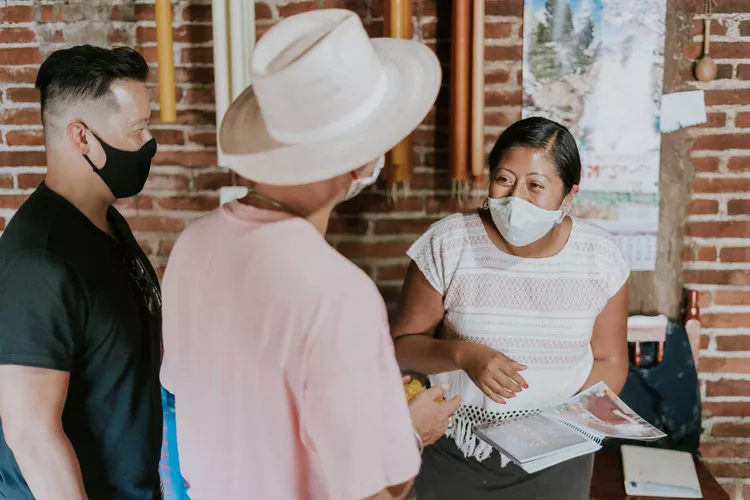
It wasn't until the social justice and Black Lives Matter movements took hold in the United States in 2020 — and COVID-19 shutdowns hobbled the tourism industry — that Santos began to hone her ideas around offering tours that were centered on her Indigenous community in Oaxaca. Santos is originally from Oaxaca, Mexico.
"I want to bring attention to and take a stance to only visit businesses that are owned by Indigenous people. It hasn't resulted in a drop in revenue for me, but rather a shift in how travelers think about where they should go instead of where they used to think they should go."
She started off modestly by offering up her family house in Tlacolula, which is located just outside of Oaxaca, as an Airbnb for travelers. She catered to tourists who were interested in having a genuine experience, and many of her early clients requested that they be taken to locations that are not typically visited on the standard itineraries. Santos obliged.
Get an authentic taste of Mexico! Meander through Oaxaca’s markets; or the streets of Puebla to sample local specialties; fresh seafood on the beach, or streets of Mexico City taco crawl to experience a delightful culinary heritage! #kelsiestravel #foodadventure #Mexico #intrepid pic.twitter.com/D4HzrPVcBg
— Kelsie's Travel (@kelsiestravel) July 24, 2022
After that, additional people arrived at her house as a result of word of mouth and her expanding and active presence on social media. Cirollito is a modest Zapotec restaurant that she and her family started in March 2020. There, she and her family uphold Zapotec customs and serve recipes that include native maize and traditional cooking methods. As Santos' tour company has expanded, she has fostered the development of a community of native Zapotec potters, craftsmen, and proprietors of small businesses who have all benefited from her methodology.
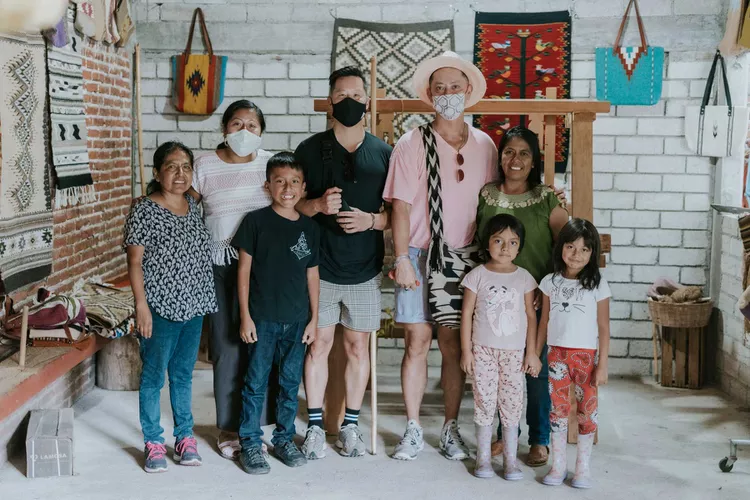
Santos is quoted as saying, "I want to honor our Zapotec heritage." Therefore, she does not accept commissions from traveling craftsmen; rather, she operates under a system that is based on bartering and reciprocity, and she charges workshop fees to tourists when she takes them to a specific experience.
"For instance, I make it clear to all of my clients that I do not impose a commission fee on the sales they generate. Due to the fact that the majority of people aren't compensated for their labor, we make sure to tip everyone who assists us during our travels "Santos explains. "Artists are opening up their houses in the hopes of making a sale, but I can't always promise that a traveler will make a purchase," said the host. "Artists are opening up their homes in the hopes of making a sale." When this occurs, Santos levies a tax on the patrons of her shop, which she then divides among the local craftspeople. These artists have a wealth of experience, which they are generously imparting to us now.
Santos provides a variety of activities, including bar crawls that highlight Oaxaqueo breweries and family-owned Mezcalerias curated trips to the famous Sunday Market, visits to agave producers to learn about the state of Mezcal, and workshops with local potters to create Alebrijes, the small, brightly colored figurines that the region is known for being famous for. Santos emphasizes that she works with professional guides to provide tours of the more well-known ancient monuments such as Monte urban and Mitla. Tours can also be customized, and she notes that these options are available. Through Santos's Instagram account, guests are able to make reservations directly with the hotel.
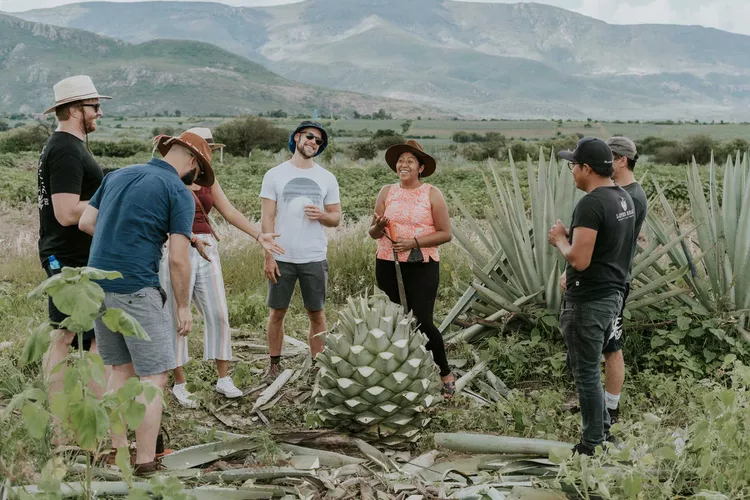
"The craftsmen know that the people who go on my excursions are aware that they're helping local businesses by choosing to travel with me," Santos says. "The artisans know that the people who go on my tours are aware that they're supporting local businesses." "Tourists are aware that everyone is being paid appropriately and that everyone respects the costs that were decided upon for our trip,"
Contributing to the Betterment of Her Neighborhood
In addition to her work as a tour guide, Santos is assisting other Indigenous individuals who run small businesses and tour guides in expanding their operations in both the online and offline worlds. She works with other tour guides, particularly women, to help boost the voices of those who are under-represented in society, and she provides consulting services to local small companies regarding their social media strategies.
She explains, "I want to spotlight women that belong to a variety of Indigenous groups and age ranges, as well as elders." "It requires a significant amount of planning and in-depth familiarity with the communities involved. There's more to it than just a hashtag."
As she continues, she states, "I want to show them my side of Oaxaca." "Everything that visitors to Oaxaca City see has a beginning, and those beginnings are the indigenous people of the city. Sometimes that can be lost, or there's an erasure or a commodification that happens, but I want people to get to the roots in order to understand more about our state or our country because that's a crucial component of everything that they see coming out of Oaxaca. I want people to get to the roots in order to understand more about our state or our country because that's a crucial element."
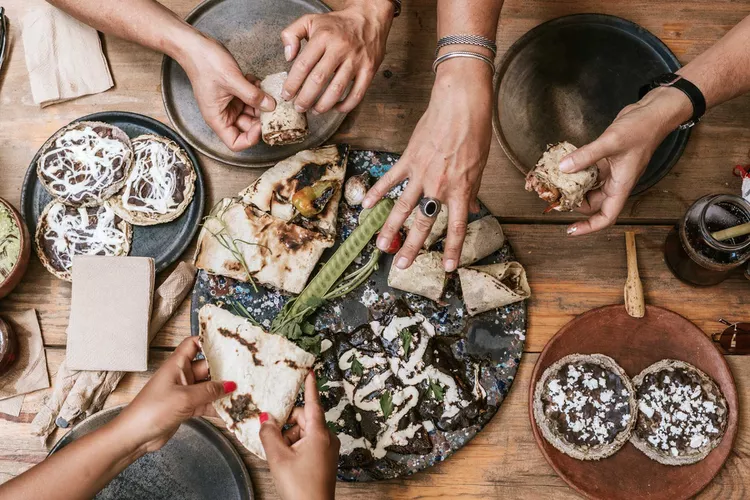
Upending an Institutional Paradigm
Lily Santos, who was given the name Santos by her parents who were Zapotec immigrants who were born and raised in Santa Monica, California, is also known as Santos. Santa Monica is a key location for the immigration of Indigenous people from the state of Oaxaca, Mexico, and is home to a thriving and flourishing Zapotec culture. Although the most recent Census doesn't specify the heritage of immigrants beyond "Hispanic" and "Latino," a few academic papers suggest that Los Angeles has become the city with one of the largest numbers of Indigenous Mexicans in the country. This is despite the fact that the Census doesn't specify the heritage of immigrants beyond "Hispanic" and "Latino." It is believed that there are close to 200,000 persons of Zapotec descent living in Los Angeles alone.
"We Zapotecs are a bit unique in that we don't tend to plant our roots all that deeply in the United States. We have a strong binational presence, "Santos remarks. "Although I always wanted to spend a summer at the beach in Santa Monica when I was a kid, I never got the chance to do so because I always ended up spending my vacations down here instead. Consequently, when I was growing up, I was always trying to come to terms with these two different cultures."
She says she wanted to pursue her dream of getting back to her Indigenous roots and supporting the community that is often, as she put it, "tokenized" by the tourist and travel industry in Oaxaca. In December of 2019, Santos quit her job at a community-building nonprofit where she taught English to immigrants because she wanted to pursue her dream of getting back to her Indigenous roots and supporting the community.
"Because we are Indigenous people, we have a very limited connection to the city and its tourism industry. For instance, the government promotes a certain image of us, but we don't share in any of the benefits of that promotion, "she explains. "When I was a kid and my family would come to visit, we would go to various archaeological sites, and the guides who worked there would talk about us as if we were no longer present. The vast majority of the licensed guides hail from a variety of locations around Mexico. They make their homes in Oaxaca so that they may offer tours, but we don't have any native voices on our own traditional territory."
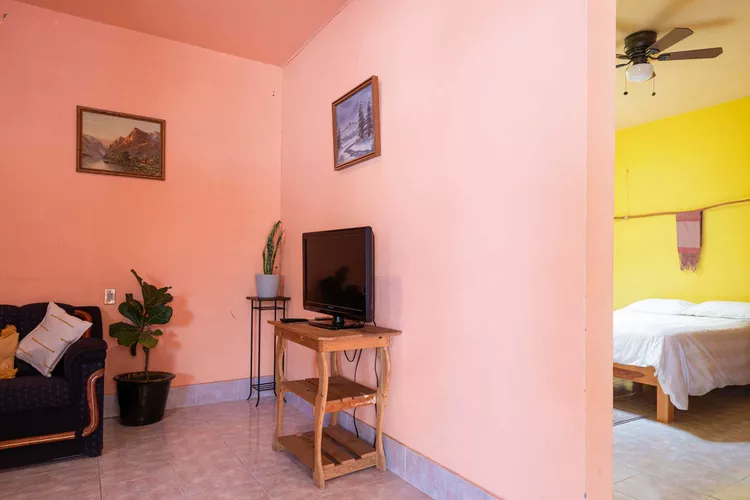
Santos does not hold the title of "certified guide," but she is challenging the status quo. In Mexico, in order to become a licensed guide, one must first complete both a university training program and a government examination. According to Santos, it is normal practice for authorized guides (and even taxi drivers) to charge local craftsmen a commission or fee if they bring tourists to their small enterprises. This is the case even when the guides bring the tourists in their own vehicles. She claims that the required commission can reach as high as fifty percent or even more of the sales. In the event that local restaurateurs, shopkeepers, or other small business owners refuse to pay the commission, the tour guide may choose not to bring tourists to their establishments in the future.
"Certified guides boost certain voices. Of course, this results in their financial success, but what about the rest of the neighborhood? "Santos asks. "Despite the fact that it's a regular practice," she explains, "often craftsmen and business owners are unaware of the practice." "I want to establish a distinction between the conventional tourism industry and an approach that is more environmentally friendly and responsible."

